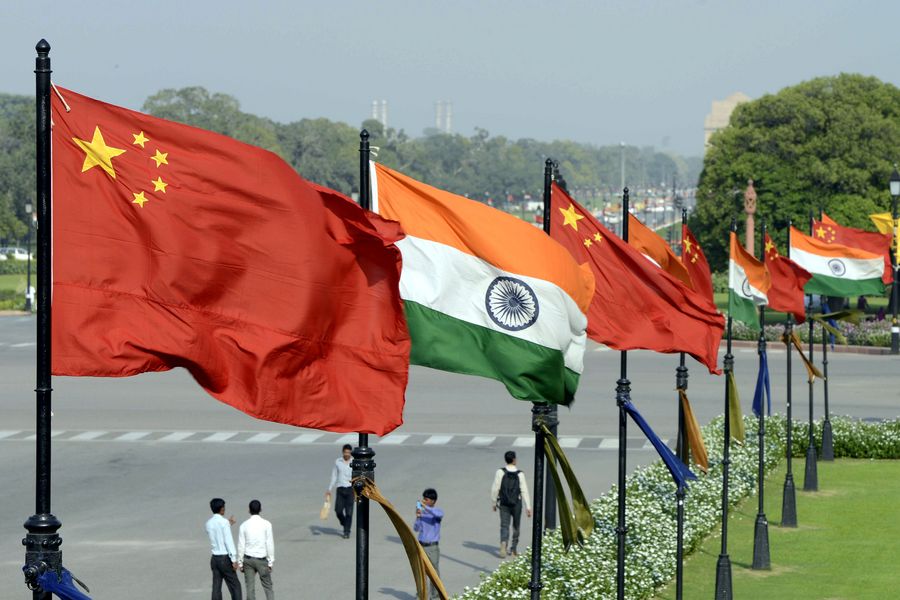Indians keen to see ties put back on track
By APARAJIT CHAKRABORTY in New Delhi | China Daily | Updated: 2020-12-16 09:48

Sentiment also shared by Chinese after slump in neighbors' relations
Indians doing business with China are increasingly calling for a reconciliation between the neighbors, and the hope for improved relations is shared by Chinese engaged with India.
India has since June imposed a succession of bans on Chinese mobile apps, with the authorities citing the threat they allegedly pose to national security.
On Nov 25, the government banned a further 43 Chinese-owned apps, the fourth such move since a downturn in relations began in the middle of this year. In all, 267 Chinese apps have been banned.
In response to the Nov 25 action, Chinese Foreign Ministry spokesman Zhao Lijian said the decision clearly violated the market principles and rules of the World Trade Organization, and seriously affected the legitimate rights and interests of Chinese enterprises.
Some experts believe that the app bans may cause reciprocal trade restrictions and the imposition of other barriers by China, hurting Indian and Chinese businesses alike.
Professor Amit K. Biswas, of the department of economics and politics at Visva-Bharati University in Santiniketan, said India would be hurt more than China in any escalation.
"India will suffer more, if India gradually shifts its distance from China and pursues free-trade agreements with the US, Canada, the UK and European Union member countries," Biswas said. "Labor-intensive products and raw materials that are imported from China are cost-effective. Besides, India will have to incur more transport costs. Emotion should not dominate bilateral trade, investment and ties."
Iqbal Hassan, an Indian who used to run a travel company in Beijing, remains hopeful that the two countries will resolve all disputes soon as they are economically interconnected.
Reviving mutual trust
However, Subhro Sengupta, a Kolkata businessperson who exports human hair to China, said: "It will be hard to revive mutual trust in the present scenario."
The downturn in bilateral relations is also worrying Chinese who do business in India, but some are optimistic.
"We expect the tensions between the two countries will be defused sooner or later. It should be defused soon for the benefit of both nations," said Chen Xiaoming, a Chinese businessperson who was involved in a property business in Gurgaon in northern India. Chen has since returned to China.
Economist Manmohan Agarwal, of the Centre of International Trade and Development at Jawaharlal Nehru University in New Delhi, said: "Reciprocal barriers will hurt Indian exports. After all China accounts for a larger share of India's exports."
If such investment is restricted then India will have to pay for the deficit by transferring foreign exchange to China, he said.
Trade between the countries came to $78 billion for the first 11 months of this year, down from the $84.4 billion posted for the same period of 2019. China's shipments to India by the end of November stood at $59 billion, sliding 13 percent from the year-earlier period and helping to narrow India's deficit to $40 billion, data from India's Ministry of Commerce and Industry shows. At the same time last year the deficit was $51.6 billion.
Gopal Krishna Agarwal, national economics spokesperson of the ruling Bharatiya Janata Party, said both nations would lose out in the event of more restrictions on trade.
Swaran Singh, an academic at Jawaharlal Nehru University and chairperson of the Centre for International Politics, Organization and Disarmament, said bilateral equations have changed as both nations are no longer the same as they were.
The writer is a freelancer for China Daily.
























